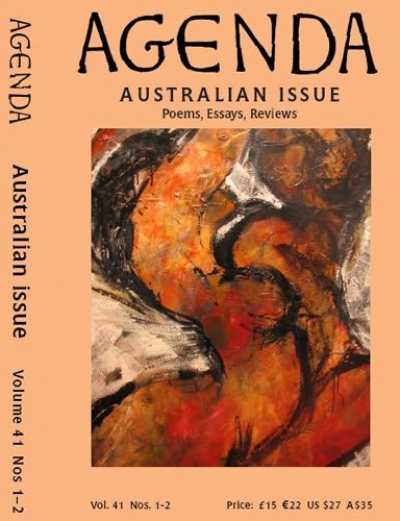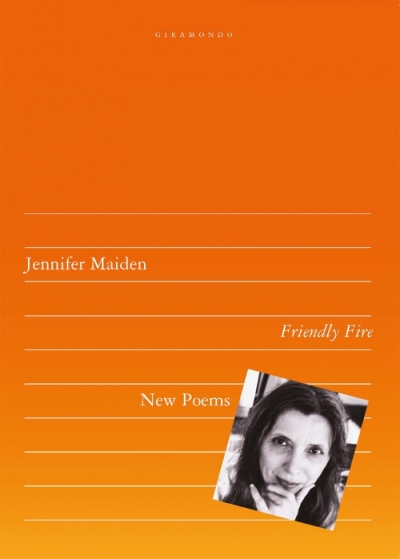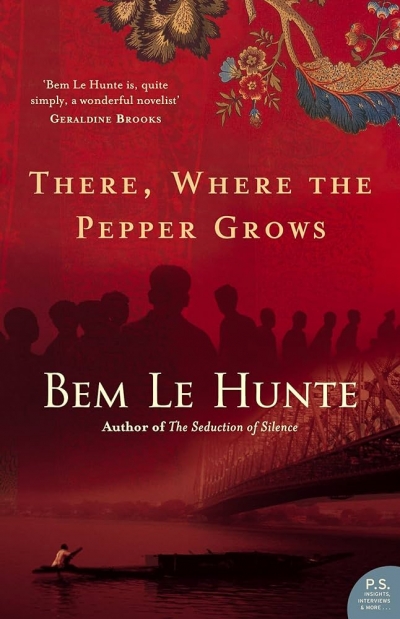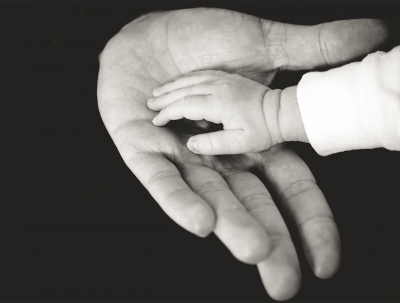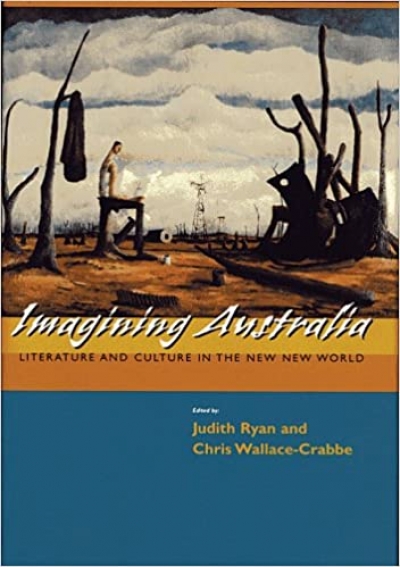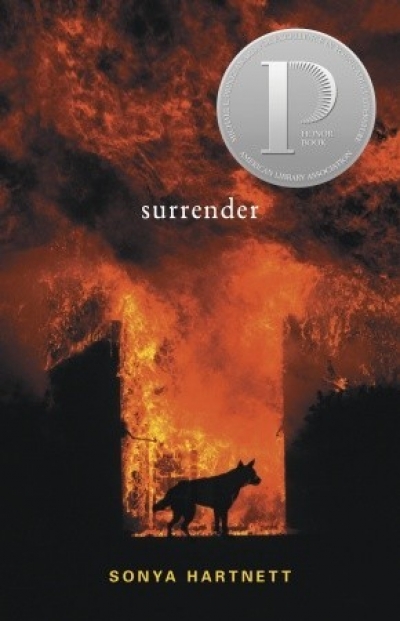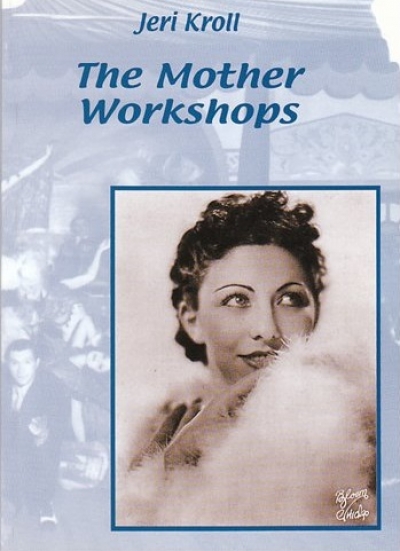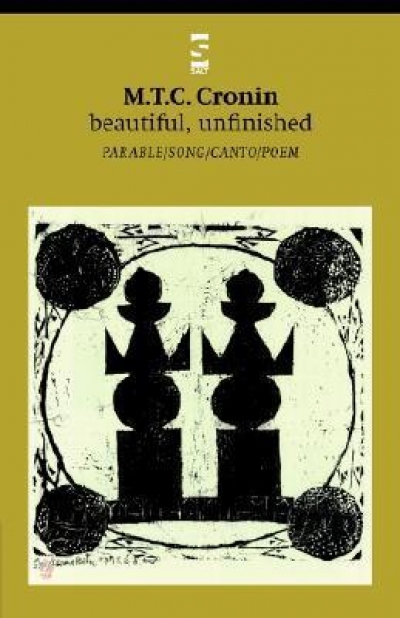Lisa Gorton
Agenda edited by Patricia McCarthy & Jacket 28, October 2005 edited by John Tranter
To celebrate the best books of 2005 Australian Book Review invited contributors to nominate their favourite titles. Contributors include Morag Fraser, Peter Porter, Kerryn Goldsworthy, Nicholas Jose and Chris Wallace-Crabbe.
... (read more)There, Where the Pepper Grows by Bem Le Hunte & Behind the Moon by Hsu-Ming Teo
At first, you find the claim that you resemble your parents implausible. Later, you find it unflattering. But there are moments when you glimpse someone in a mirror and only belatedly recognise yourself. These are the moments when you realise – it is in equal parts chastening and reassuring – that if you are moving through time as an image of your parents’ past, their image is waiting for you in mirrors: they are the ghosts that haunt your future, as it were.
... (read more)Imagining Australia: Literature and culture in the new new world edited by Judith Ryan and Chris Wallace-Crabbe
To celebrate the best books of 2004 Australian Book Review invited contributors to nominate their favourite titles. Contributors included Dennis Altman, Brenda Niall, Kerryn Goldsworthy, Morag Fraser and Chris Wallace-Crabbe.
... (read more)
